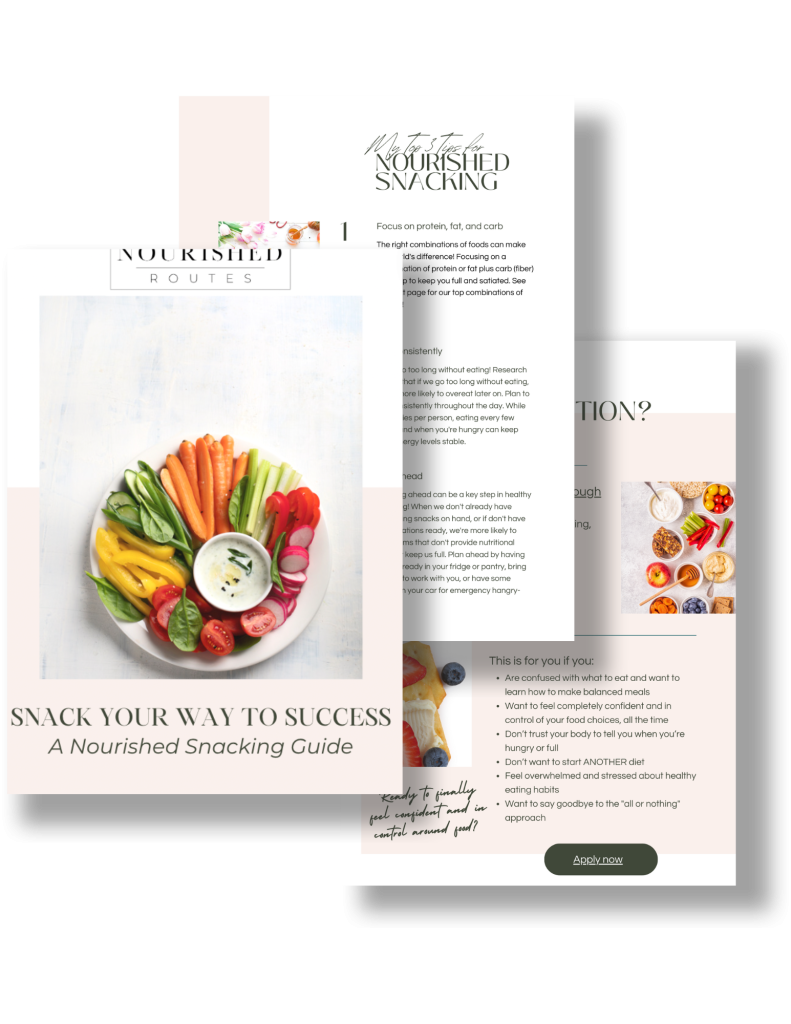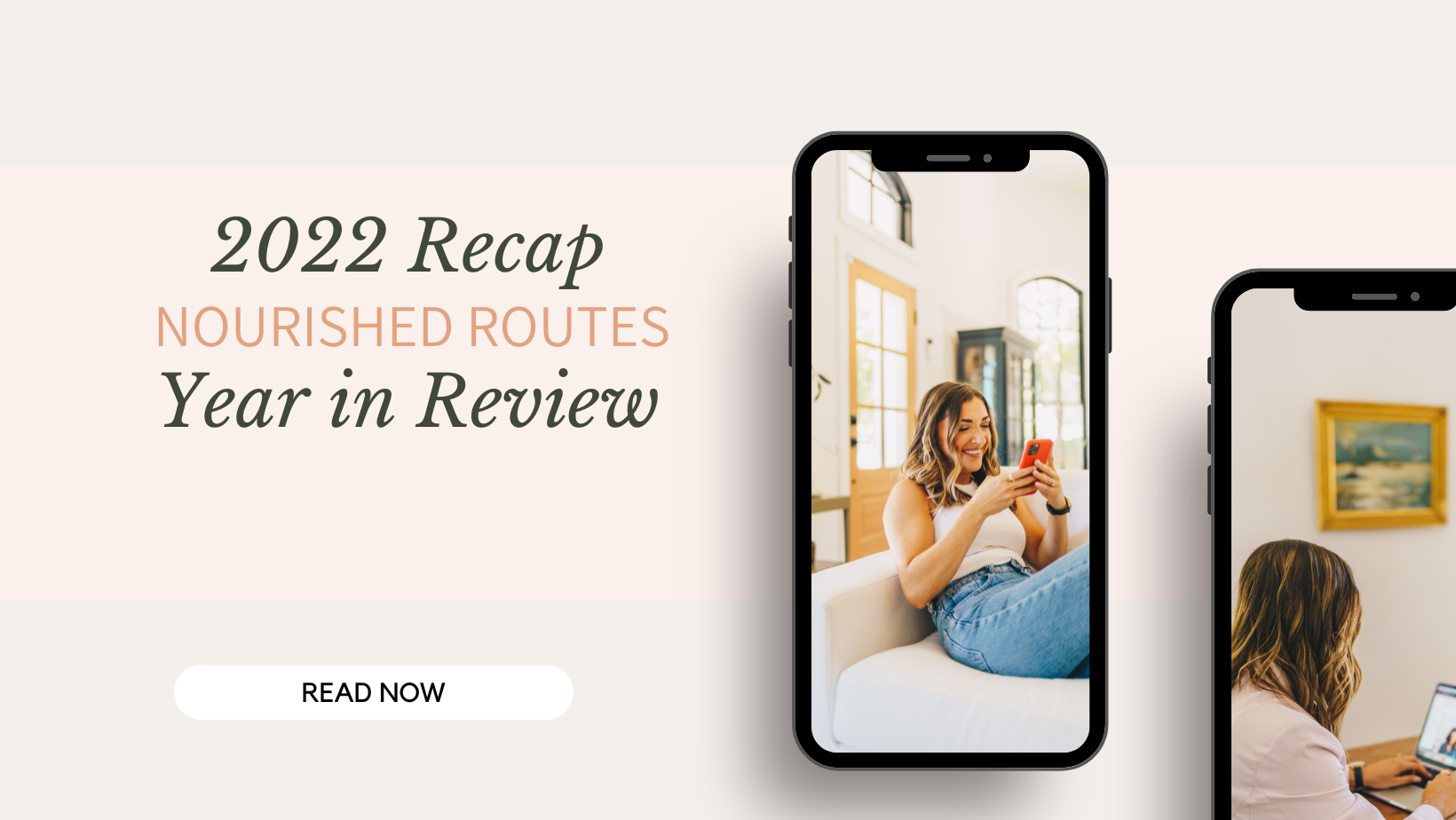
What Time You Should Stop Eating at Night
A common question that gets asked all the time is “What time should I stop eating?” There tends to be ...
A common question that gets asked all the time is “What time should I stop eating?” There tends to be a belief that eating at night will make you gain weight. Well that really isn’t true. The time of day you eat doesn’t actually matter. It’s about how much you are eating throughout the day and what foods you are eating that count. There really isn’t a correct time to stop eating and it all depends on how your body is feeling.
The typical 1-3 hours
A lot of articles or websites will say to stop eating 1-3 hours before bed. They say this is to allow the body time to digest so that you don’t wake up in the middle of the night with an upset stomach or acid reflux. This doesn’t have anything to do with nutrition though. You can and should still eat before bed if you are hungry. A lot of people don’t have any problem eating before going to sleep, so it is up to you to figure out what works best for you. You might even sleep worse if you do go to sleep on an empty stomach. The important thing to remember is that you won’t instantly gain weight just because you ate right before going to sleep.

Why am I so hungry at night
You may be overly hungry at night because you didn’t eat enough during the day. If you are skipping breakfast, this could be causing you to be hungry by the time you are ready to go to sleep. If you are also not eating balanced meals, this could cause you to be hungry at night too.
To create a balanced meal that is both nutritious and filling, include a protein, carbohydrate, healthy fat, and vegetables or fruits. By remembering to include all of these, it will ensure you get a variety of vitamins and minerals as well as create a meal that keeps you satisfied and full for longer.
Assess hunger and fullness
Overall, it is best to just eat when you are hungry. If you are hungry before going to sleep, it would be more beneficial to eat something than to go to sleep on an empty stomach. If you are overly hungry, this could cause you to not sleep through the night.
You could use the hunger fullness scale to assess if you are actually hungry. Using the numbers 1 through 10, give yourself a number on that scale. You usually want to be a 3 when you eat a snack or meal. If you are above this number, you may not need to eat and could wait until the morning. You also normally want to eat until you get to a 7 and feel satisfied. Anywhere past that and you might feel uncomfortable.
Using this hunger scale can help you to assess whether you should eat that snack right before bedtime.
Drink plenty of water
Many times when we want to eat at night it’s because we’re actually thirsty. Reflect on your water consumption throughout the day – did you consume 8+ glasses of water? If not, you should set goals surrounding your water intake to improve this habit.
Snack ideas
To make a quality snack before you go to sleep, combine a complex carbohydrate or source of fiber with a protein and a healthy fat. Oftentimes, a fat source is also a good protein source, making throwing together a snack even easier!
Some ideas for snacks before bed could be a banana paired with nut butter, yogurt with fruit and nuts on top or a bowl of oatmeal with fruit and nut butter mixed in. You could also make a protein smoothie or pair toast with nut butter and a banana. Even a handful of trail mix or nuts paired with a string cheese could be a good late night snack.
We have a full snack list of over 20+ snack ideas for you here.
In conclusion
You really do not have to worry about what time it is to eat. You can eat at any time of the day and it will not change any progress you may have made in your health and nutrition. Eat when you are hungry and listen to your body, even if that is right before bedtime.
If you are looking for more late night snack ideas, check out our free healthy snacking guide: Snack your Way to Success! This guide will help you put snacks together with ease and eliminate any confusion on how to choose snacks that will fuel your body.
Plus, you’ll receive over 20 snack options, our go-to snacking products, and a full snacking planner.
This article was written by Mackenzie Flug. Fact checked by Allison Tallman RD.



